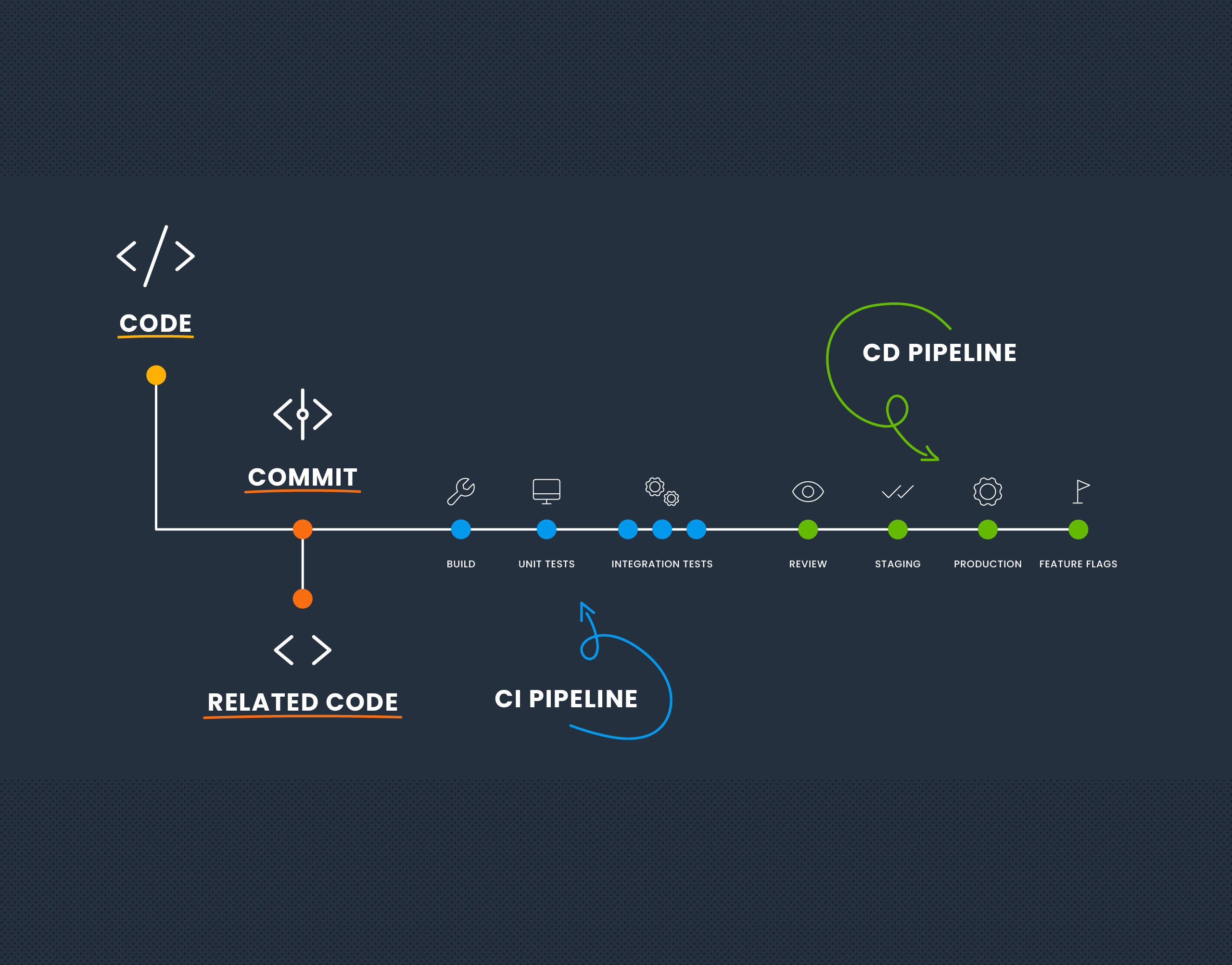- Alejandro's Eclectic Newsletter
- Posts
- $65k project as an example of dealing with uncertainty, burnout and feature flags for the win
$65k project as an example of dealing with uncertainty, burnout and feature flags for the win
Hey folks 😎!
My second newsletter is here. It's a small and exciting win to have done two of these already 🤯. I find that having to send something out every week is a strong motivator.
In the spirit of doing small bets and having more options, I've been looking into Upwork and Fiverr to see if there are freelancing opportunities. The whole thing is a bit daunting, but I’m willing to explore it and see if there’s a particular niche of work a developer can do.
For this week, instead of having an off-topic section at the end, I wanted to add a small reflection section to share some thoughts.
An example of Product Management mindset and dealing with uncertainty
I just sold MakeLogo.ai for $65,000 🤩🚀
Launched it 3 months ago, with 0 budget and less than 600 followers. I learned to code only 9 months ago.
Big thanks @agazdecki & @acq@acquiredotcomhave made it possible!
If you're curious, here is the whole story:
December… httptwitter.com/i/web/status/1…p
— Nico (@nico_jeannen)
11:18 AM • Mar 11, 2023
@nico_jeannen tells us the success story of how he made $65,000 from a project that creates logos automatically using AI with 0 budget and having learned to code just 9 months ago. Beyond the success story itself, his approach in the project has some ideas about dealing with uncertainty and risk that people, startups—even if it's just the startup of you— and companies in general, can learn from. In fact, these ideas are also seen in modern product management and agile.
What I had prepared for this week’s newsletter about this topic became a bit too long for my liking, so I ended up writing a post connecting the story to product concepts and lessons on how to deal with uncertainty:
Burnout and sustainable workplaces
I watched this talk about burnout by Dr. Christina Maslach three years ago. It immediately clicked, I was burned out at that point and I had been for a while, but it wasn’t until this talk that I was able to properly put a label to what I was feeling and experiencing.
I'm more sensitive to signs of burnout now than I was before. If I’ve done what I think is right and the system still doesn’t change, or I don’t have enough influence to change it, then it’s time for me to leave, if I can. Life is too short.
Dr. Christina Maslach describes burnout as a stress phenomenon which is a prolonged response to chronic situational stressors on the job. It has three dimensions:
Exhaustion: individual stress
Cynicism: negative response to job
Professional inefficacy: negative self-evaluation
The burnout shop is, unfortunately, a popular business model that makes short-term self-sacrifice a long-term thing. It assumes that people burning out are weak, disposable, that only the strong shall prevail. It's dehumanizing.
At the end of the talk, she shows six paths to healthy workplaces:
Sustainable workload
Choice and control
Recognition and reward
Supportive work community
Clear values and meaningful work
It’s clear as day to me that the future of work is about creating environments fit for humans, that embrace our core motivations: mastery, growth, autonomy, appreciation, trust, etc. Moreover, having sustainable and humane workplaces is not only right, it’s even economically beneficial.
Feature flags for the win, decoupling deploys from releases
Charity Majors is one of those people that I feel great admiration for. This time, she's written a fantastic post about the importance of decoupling deploys from releases, and feature flags is a great way to do it.
Reflection
This week has been a weird one.
A few reasons I left my previous job are, apart from taking some needed rest:
To explore new opportunities and see if there are alternative ways of making a living, maybe on my terms
To think about what I really value at work and what I can bring to the table
Having the ability to do this is a powerful feeling, and quite a privilege.
At the same time, I've been experiencing doubts, a bit of anxiety and perhaps impostor syndrome. Do I have anything at all to offer to the world, is my experience and knowledge worth it or enough, should I go back to the market and try again, get more experience, climb the ladder, or change paths completely…? There are many questions like this in my mind and many things I’d like to do.
Those feelings and thoughts are normal. In fact, rationally, I think that I'm good enough as a developer, that my experience, knowledge, and eclectic perspective of things are indeed valuable. But in the moment of truth, when there are real risks involved, strong emotions can flare. I believe it's my brain telling me: hey, there's something you need to worry about, there’s a potential threat and you better take care of it.
There are a few ways I’ve found to manage these thoughts:
Write them down. Let them all out of your mind and into the paper, visualize them.
Act on what you can control.
Plan for the worst. What’s my escape hatch, my plan C, if what I’m doing ultimately fails?
Review your direction frequently. Every week and month I do a review—a retrospective, if you will—and check if my actions align with my direction or if I need to adjust based on new information.
Realize that being out of your comfort zone is obviously not comfortable, that it’s okay to feel the way you do, and that learning to be with the discomfort and the uncertainty can help you grow.


Reply